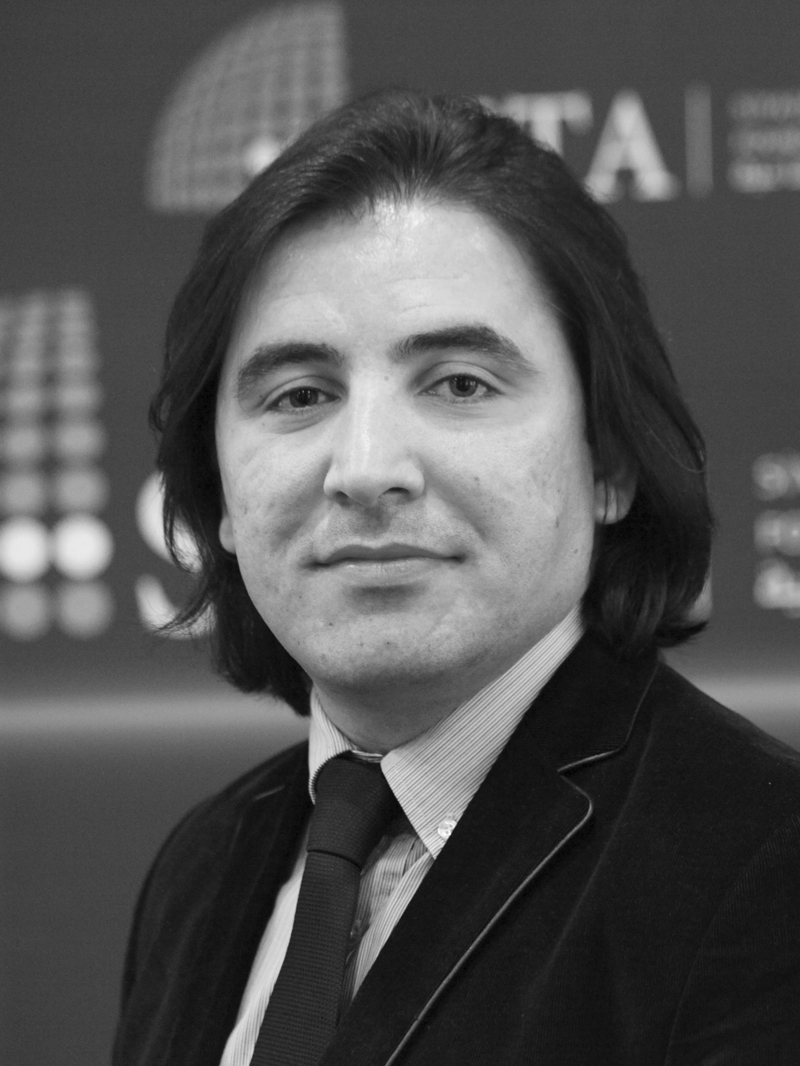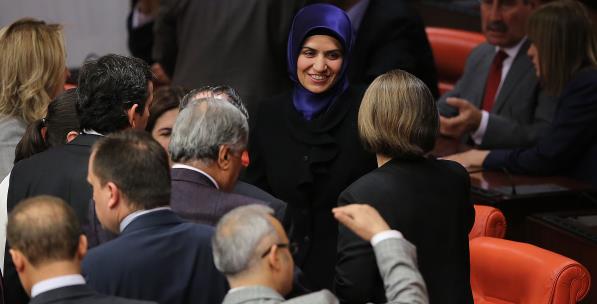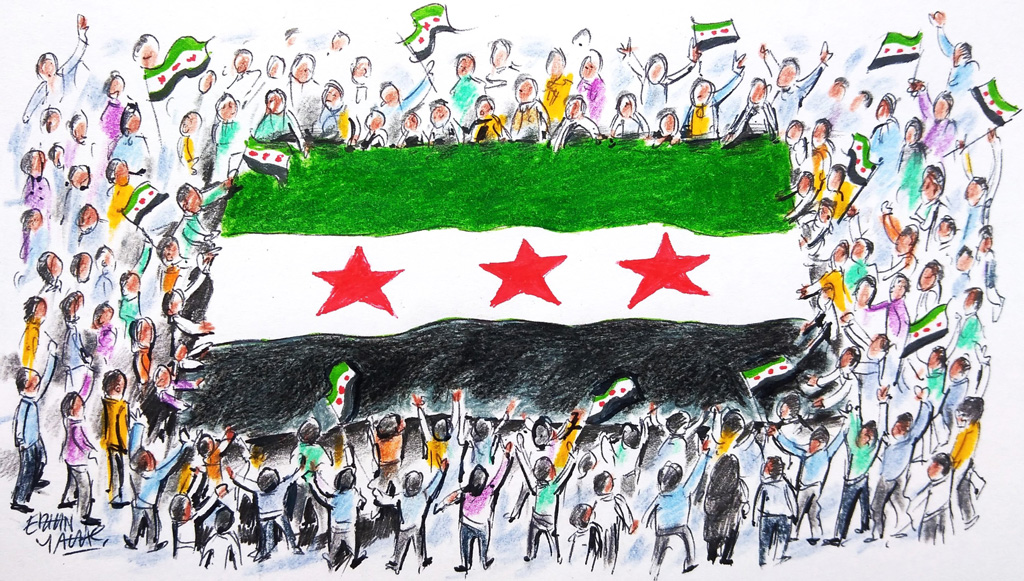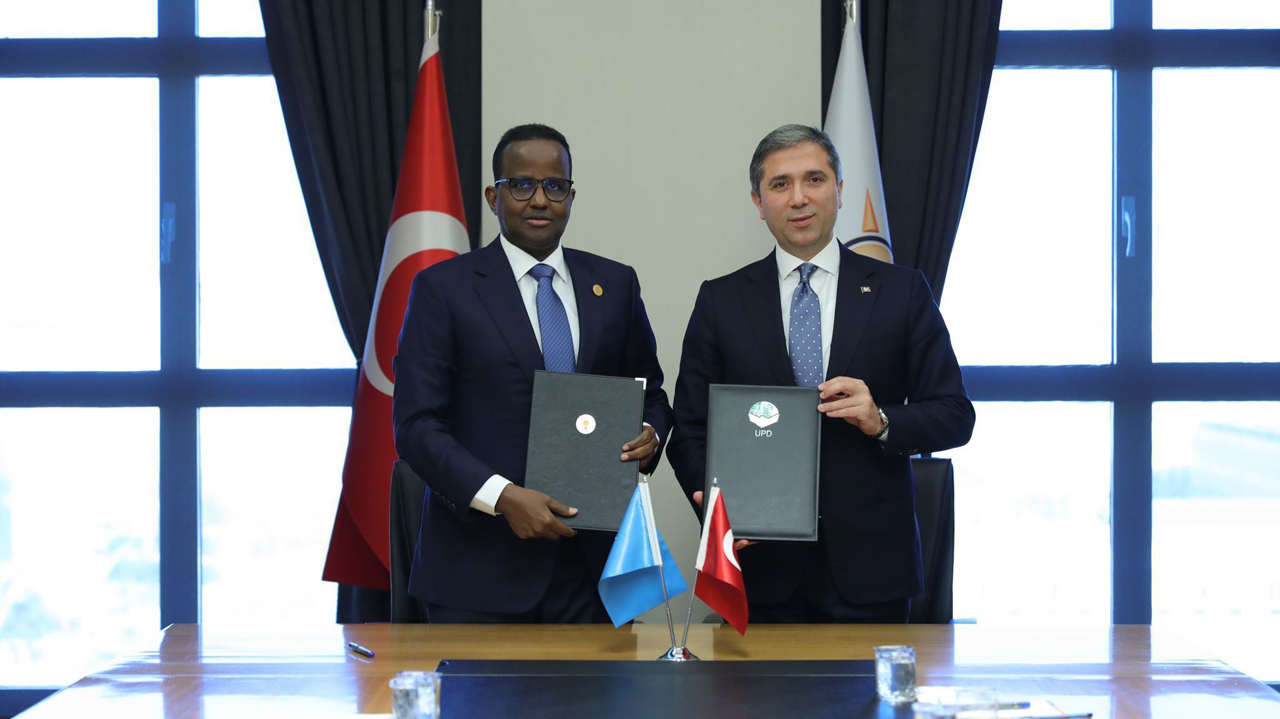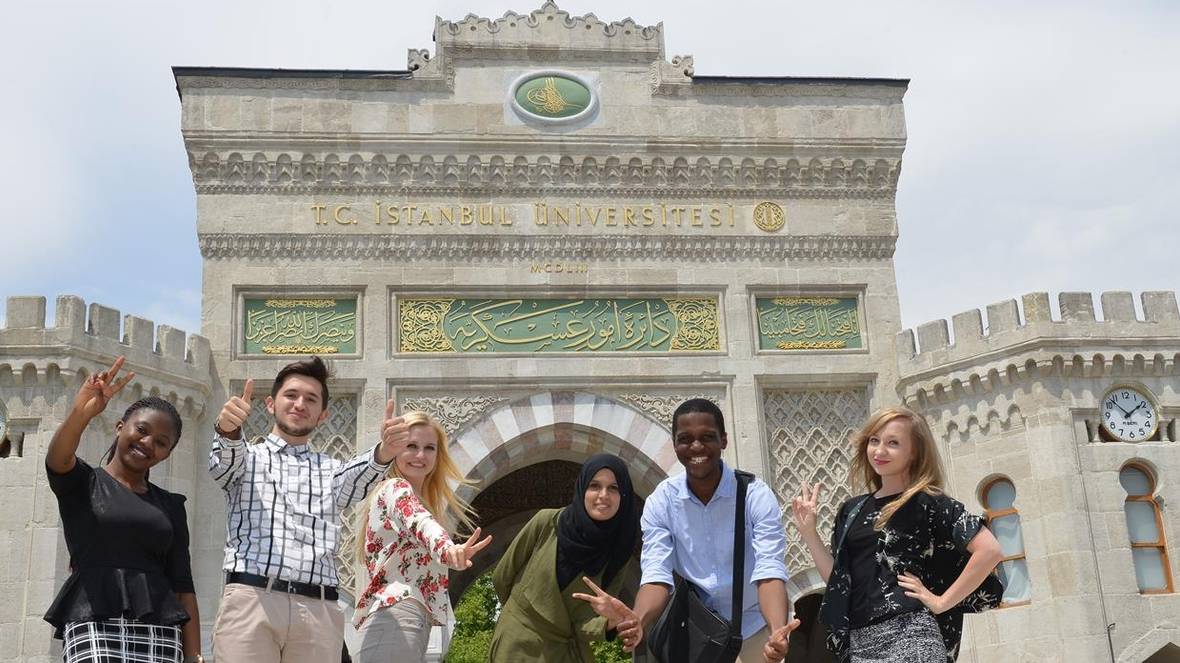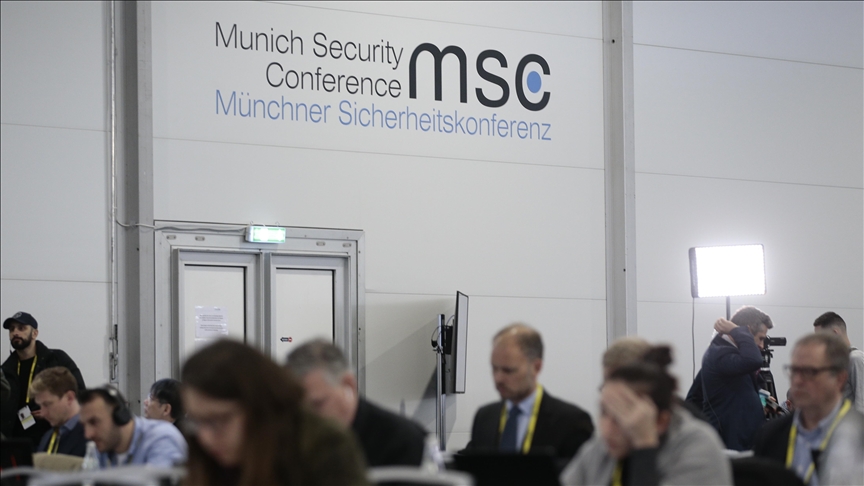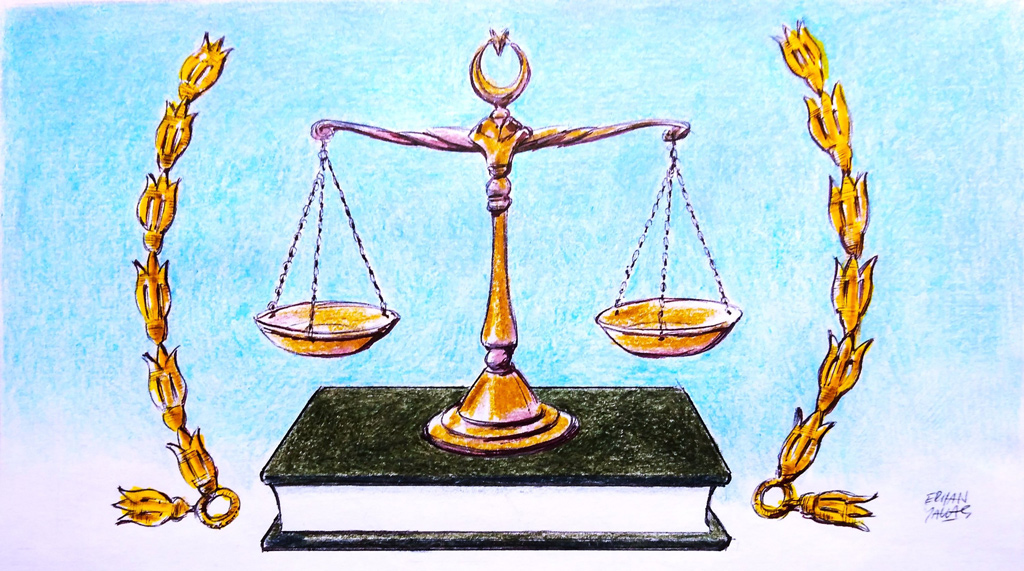On September 30, Turkey's Prime Minister Recep Tayyip Erdoğan faced the cameras to unveil his long-awaited and much-expected democratization package. The choice of date was symbolic; it was the anniversary of his party's grand convention, in which his governing AK Party had pledged 63 articles of reform for upcoming years. Moreover, the fact that this package came after a summer of discontent, as well as charges of authoritarianism, heavy-handed rule and a majoritarian reading of democracy further accentuated the symbolic importance of the package.
These two features were not the only ones that deserve to be underscored regarding the package and the style in which it was presented. Erdoğan's press conference in which he revealed the package was simultaneously translated into Arabic and English. This demonstrated that it was not only the domestic audience that Erdoğan intended to address through the package, but rather he also sought to convey a message to international audience as well: his government is intent on continuing the reformist agenda which made he and his party's name over most of their decade of rule.
The content of his announcement speech was intended to counter the charge that his party has lost its reformist and democratizing zeal in the last couple of years: it implied that these years should not be treated as the new course, and instead they should be treated as a deviation from his government's normal inclinations "As this is not the first reform package, it will also not be the last one. We will respond to people's new and evolving democratic demands and aspirations through the new reform packages" was a line that he repeated a couple times throughout his speech.
The 28 point package unveiled on this day included articles as diverse as proposing to lowering election threshold from the current 10 percent to 5 percent with district system or abolishing it with single member district system; lowering the threshold for parties to receive public funding from 7 percent to 3 percent; removing restrictions for enrolling in political parties; allowing political campaigning and propaganda in different languages; allowing education in minority mother tongues in private schools; clearing the way for restoration of the old names of villages and towns; lifting the headscarf ban for women in holding the public offices and introducing heavier penalties for hate crimes. The package, beside other things, also included provisions for Turkey's Roma and Syriac Christian communities.
The content of the package reveals that it primarily sought to open up the political system and address the grievances of identity groups. Though all the articles in the package are important, there is nothing extraordinary in this package in terms of trying to democratize the political system and resolve identity groups' relations with the state. In fact, those two goals were essentially what previous packages - especially the ones that have been introduced since 2007 - were trying to achieve. Despite this, two other features of the package set it apart from other previous packages. First, this package came at a time when neither the military nor the civilian bureaucracy (or deep-state elements) can pose a threat to the governing Justice and Development Party's (AK Party) rule. In other words, this package is being introduced at a time when the AK Party feels that it is free of the pressure of the old tutelary regime. Second, unlike the previous packages, in the planning, announcement - and probably execution down the road - of the package, international actors, namely the EU, have played no part.
Turkey's previous democratization process has been facilitated, it is argued, by the AK Party's need to clear political space of the influence of the tutelary system. In this respect, many argued that the AK Party instrumentalized democratization in order to weaken its undemocratic deep - state rivals and consolidate its own power within the system. In other words, this line argues, the fact that the AK Party p
